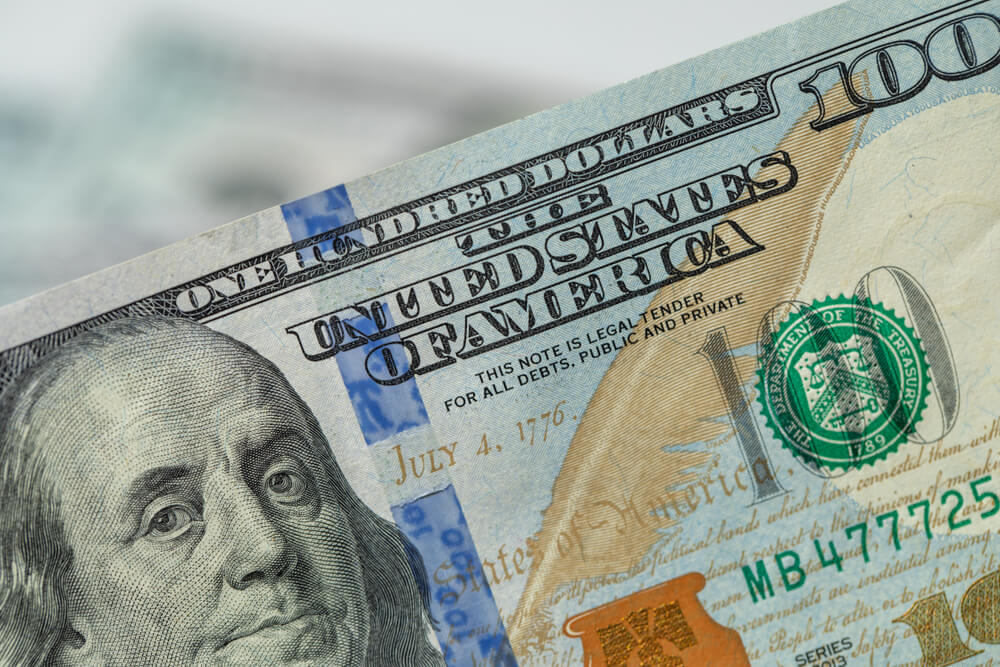With the still sluggish labor data recorded in the United States, the Asian Market is still digesting the juices of the weak economic data.
Asia’s bourses are still on a hangover on positive news generated from vaccine developments and smoother-than-expected Biden administration transition.
Japan’s Nikkei 225, which closed to its highest in Tuesday’s trading session and on a 5-year high the following day, advanced by 0.47%.
Analysts reported that the Japanese index would be in for some corrections brought by overpriced stocks before going in for a massive surge.
According to experts, it could hike as much as its level from 30 years ago by the end of 2021.
Its neighbor, KOSPI, increased by 0.29% along with the Bank of Korea’s announcement of keeping interest rates in the status quo.
Currently, the central bank observes a 0.50 rate. The decision came as South Korea battles a surging number of cases. The country reported 500+ daily infections today, the highest recorded since March.
Consequently, the MSCI Asia Pacific ex-Japan added 0.1%. This hike brings the index’s hike to 12.7% in the month so far.
The impressive rally has been ignited since Biden’s victory earlier in the month, where hopes for a more generous stimulus package became the norm.
In Hong Kong, the Hang Seng managed to record a 0.21% hike after Carrie Lam’s policy address.
The leader’s address received some backlash as it failed to address key issues due to its lack of eye-catching measures.
On the other hand, Chinese stocks are making a gradual comeback after trading in the red in the previous session.
The United States reported higher-than-expected jobless claims for the past week, which stood at 778,000 compared to the forecasted 730,000.
Shanghai Composite Index et al.
Meanwhile, in China, stocks are still nursing their painful losses from the last trading day.
Mainland shares lead the losing streak where the two major indices dropped by more than 1%, respectively.
The Shanghai Composite Index dropped by 1.19% yesterday before bouncing back with a conservative 0.06% at today’s close.
Conversely, the Shenzhen Component Index also suffered painful losses previously after a 1.77% dent and another 1.10% in today’s session.
Chinese stocks traded in the red for most of the month. Many investors are concerned that the liquidity condition in the country’s financial system is not robust enough to handle recent gains.
The country’s equity market is also experiencing some downward pressure. Despite this however, it is still in the running for one of the best performers so far in the year.
















